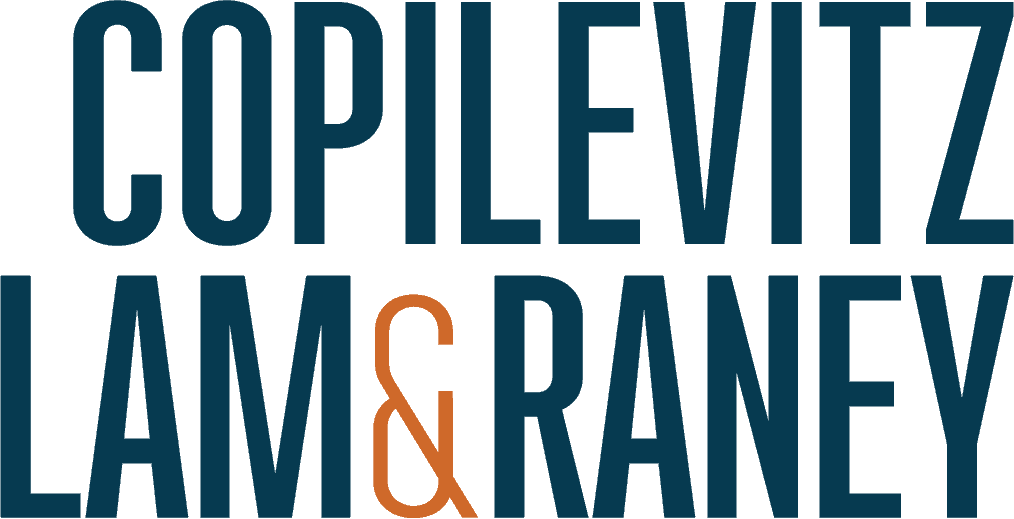A Telephone Consumer Protection Act (“TCPA”) plaintiff and plaintiff’s attorney, Todd Bank, has lost a motion to certify a class action he brought against Icot Holdings based on two calls he answered on his mother’s landline. Bank v. Icot Holdings, LLC, et al., No. 18-cv-2554 (AMD)(PK), U.S. Dist. LEXIS 676 (E.D.N.Y. Jan. 1, 2023).
Bank argued that “called party” in the TCPA meant more than just the subscriber of the line and included “a broader definition for who can be a member, to include not only subscribers of the telephone numbers called, but also an ‘non-subscriber customary user’ of the numbers.”
The judge accepted this definition for argument’s sake, then ruled that a class based on this definition is not ascertainable.
Federal Rule of Procedure 23(a) requires a class be ascertainable, that is “defined by ‘objective criteria’ that make it ‘administratively feasible’ to identify the class members.”
Because under Plaintiff’s definition called parties could include any person who picked up the phone, not just the named subscriber to a line, there was a “potential of double- or triple-counting members in a household.” The judge ruled “it adds a subjective element to a process that should contain only objective criteria” and therefore denied class certification of the case.
Thus, by arguing an expansive definition of “called party”, Bank lost the important class certification issue of ascertainability, and the judge ruled the claim could only proceed on an individual basis.
This is an important victory for TCPA class action defense as certification (i.e., whether there can be a class action for a given claim) is likely just as important as the merits of the claim itself.
This raises a hypothetical question: what if there was a pay phone on the street which rings with a prerecorded advertising message? What if there were 10 people who walked by that phone every day, and whenever they heard it ringing, they answered the phone? Could those people be “called parties” entitled to sue under the TCPA despite there being no way to know their identities?
Of course, I doubt any pay phones on public streets still exist, but that is the point of hypotheticals.
